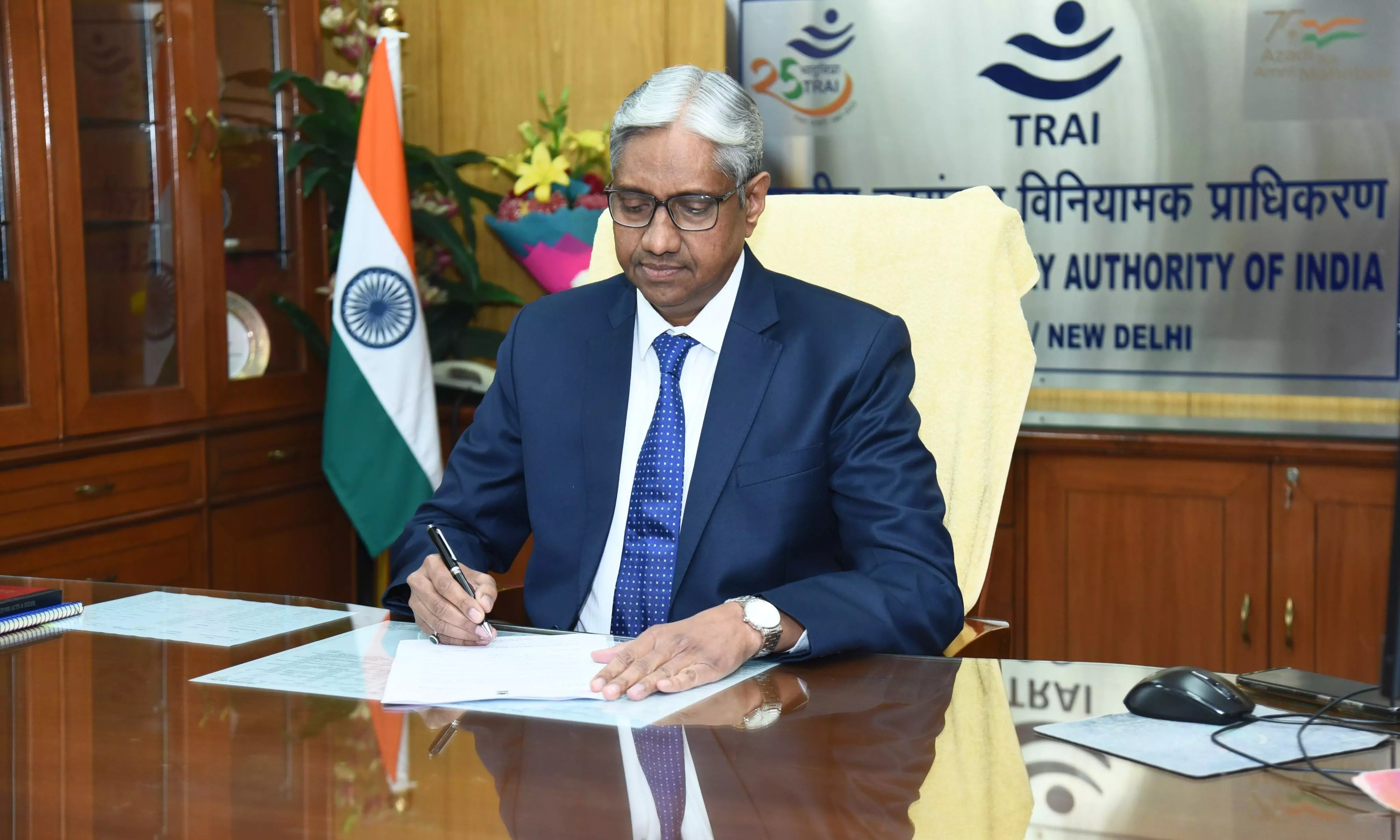Dilip Cherian | Switching tracks, ex-railway boss brings vision to Trai
Anil Kumar Lahoti's move from Railway Board to TRAI demonstrates leadership versatility

Guess who’s wearing a new hat? Anil Kumar Lahoti, the ex-bigwig at the Railway Board, has just become the head honcho at the Telecom Regulatory Authority of India (TRAI). A seasoned railway official with an illustrious career, his appointment showcases the versatility and transferability of skills across domains.
The transition from leading the railway sector to heading the telecom regulatory body might seem unconventional at first glance. But Mr Lahoti is not the typical railway guy. His tenure as the former chairman and CEO of the Railway Board demonstrated his adeptness in managing complex infrastructural projects. He was pivotal in planning and executing projects like the Anand Vihar Terminal and the slick Ajmeri Gate side station building in New Delhi. He was also closely associated with planning for the redevelopment of the New Delhi railway station as a world-class station railway, including the commercial development of the land.
Mr Lahoti’s extensive experience in project management and strategic planning equips him with a unique skill set. And now he’s got his eyes set on the telecom world. His appointment not only bridges sectors but also highlights the importance of leadership qualities that transcend specific domains, emphasising the value of a well-rounded and visionary leader in steering diverse sectors towards innovation and growth. Fasten your seatbelts — Mr Lahoti's bringing the railway vibe to your calls and data!
Finance Commission’s new faces
The recent announcements regarding the composition of the 16th Finance Commission paint an interesting picture of strategic appointments by the Modi Sarkar. Former deputy chairman of Niti Aayog Arvind Panagariya’s appointment as the chairman of the finance commission set the stage for the inclusion of four members of the commission.
Interestingly, two of the full-time members of the new commission are former finance ministry officials. Ajay Narayan Jha, a retired IAS officer, brings a wealth of experience to the commission. His prior role as expenditure secretary and involvement in the 15th Finance Commission make him a valuable asset. Annie George Mathew, formerly special secretary in the department of expenditure, has joined Mr Jha in the panel, and their combined expertise hints at a comprehensive approach to financial matters, suggesting a nuanced understanding of the task.
In an interesting mix, Dr Niranjan Rajadhyaksha, executive director at Artha Global, will bring a private sector perspective to the commission’s deliberations, stressing a diverse approach to financial planning. Dr Soumya Kanti Ghosh, group chief executive adviser at the State Bank of India, brings a unique blend of private and public sector insights to the table.
A lot is riding on this eminent group and its recommendations, especially when revenue sharing among states has become a rather controversial issue.
Radha Raturi breaks ground as first woman chief secy of Uttarakhand
Uttarakhand got its first woman chief secretary with the appointment of Radha Raturi, an IAS officer of the 1988 batch. She has succeeded batchmate Sukhbir Singh Sandhu, whose tenure ended last month. Her ascent to the highest administrative post not only underscores her achievements but also symbolises a broader shift towards inclusivity in the state’s governance.
To be sure, India has come a long way since 1970, when women made up only nine per cent of those joining the IAS. At present, 21 per cent of serving IAS officers are women. Several states have seen women head the IAS from time to time, the most recent being Usha Sharma in Rajasthan in 2022, but the numbers are still low enough that such appointments, when they occur, create a buzz.
On her journey to Uttarakhand’s top administrative post, Ms Raturi held several important positions, first in undivided Uttar Pradesh and then in Uttarakhand. Interestingly, her husband, Anil Raturi, an IPS officer, retired as director general of police of Uttarakhand in 2020.
The state, which was formed in 2000, is now witnessing a transformative moment with the breaking of the glass ceiling in its administrative echelons. Meanwhile, India still awaits its first female Cabinet secretary.

